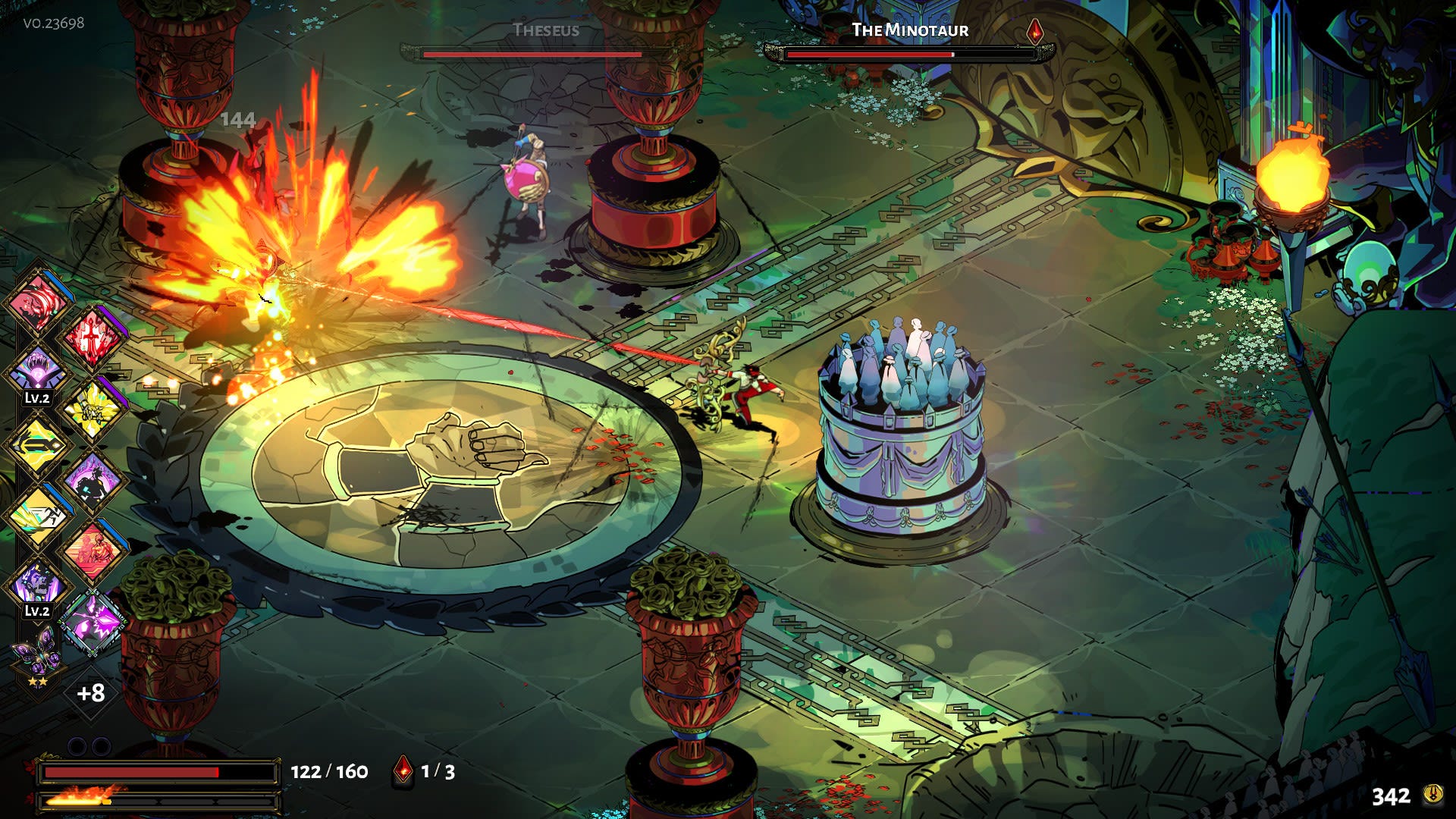Video games deliver intense excitement without real-world consequences. Players become deeply engaged in high-stakes experiences thanks to clever simulation mechanics. The focus stays firmly on gameplay, with casino-inspired elements simply adding an extra layer of fun.
Developers design systems that capture the excitement of risk and reward, without any financial stakes. Players face challenges within rich virtual worlds that create real pressure in decision-making moments. These elements are woven into tactical games and adventure titles, blending skill-based action with strong storytelling.
This article explores how games successfully create these gripping, high-stakes moments.
Risk and Reward in Game Mechanics
In The Witcher 3, players shape the story through their choices, each carrying significant weight, much like betting on an outcome. However, success relies entirely on tactics and skill, not money. This creates high-stakes excitement driven purely by gameplay.
In Mass Effect, dialogue options actively alter the narrative. While choosing can feel risky because outcomes are uncertain, no financial stakes are involved. The emotional investment keeps players fully engaged, maintaining the game’s focus on story and strategy.
Games like Among Us use social dynamics to build tense deduction-based gameplay. Players risk their trust in others, facing potential betrayal, but without any monetary loss. Here, the thrill comes entirely from skillful play, not from wagers.
Virtual Economies and Simulated Stakes
Fortnite uses virtual currencies like V-Bucks as rewards, which players earn through effort rather than real money. This creates excitement while keeping the focus on gameplay. Although the system echoes the payout mechanics of casinos, the experience remains risk-free, with rewards enhancing engagement without financial stakes.
In World of Warcraft, players chase rare items typically obtained through quests. The effort involved feels like a high-stakes pursuit, but only time, not money, is invested. These rewards mimic the thrill of slot machine wins, boosting engagement while keeping the game’s mechanics and world at the forefront.
In Animal Crossing, time-based activities provide valuable rewards. Players work toward rare items, enjoying the same sense of risk and reward within a purely gaming context.
Casino Aesthetics in Game Design
Some video games increase immersion and excitement using casino-style graphics. For instance, Overwatch has maps with strong lighting and vivid colours that reflect slot machines' appearance, generating a dynamic environment while maintaining the emphasis on gaming, similar to the vibrant aesthetics found in a selection of reliable non GamStop casinos.
Players of Cyberpunk 2077 investigate an open world with casino-like environments. Though these settings are part of the plot and world-building, not real gaming, ensuring the action stays essential, neon signs and strong designs provide an exciting vibe.
Stunning reward animations in Destiny 2 that replicate casino-style feedback. These visual effects honor successes, like leveling up, and enhancing progress gratification. Crucially, with no money involved, all enjoyment derives from gameplay benchmarks.
Psychological Zest Without Monetary Stakes
Through deft psychological design, games provide secure moments. For Candy Crush, dopamine is set off by promotions that seem like a gamble, but no money is at risk. The rush of anticipation comes only from games; players pursue goals just for enjoyment.
Hades keeps gamers interested through unpredictable playthroughs. Though every effort seems dangerous, only time and expertise are at risk. With game expertise at the central experience, the excitement derives from conquering obstacles rather than from financial wagers.

The competitive joy of Rocket League comes from the game's intensity, generating huge stakes. Skilled players risk their position and dignity rather than their money. Though gaming is still the major emphasis, the adrenaline surge reflects casino winnings, much like the thrill described in unbiased London Eye Casino reviews.
The Future of High-Stakes Game Design
Game creators are always improving risk-reward systems. Players in Elden Ring must make difficult decisions with significant rewards, producing events that seem high-stakes but without any financial component.
Half-Life: Alyx and other virtual reality games enhance immersion. Though no money is involved, interactive events seem like gambles; the excitement comes from innovative design instead of gambling. Games of the future will keep stretching these limitations.
Indie games like Slay the Spire play with risk-based approaches. Card-driven decisions provide suspense that reflects the thrill of gambling, but the fun comes from well-organised gaming. Financial gains have little bearing on this method, which is determining gaming's direction forward.


